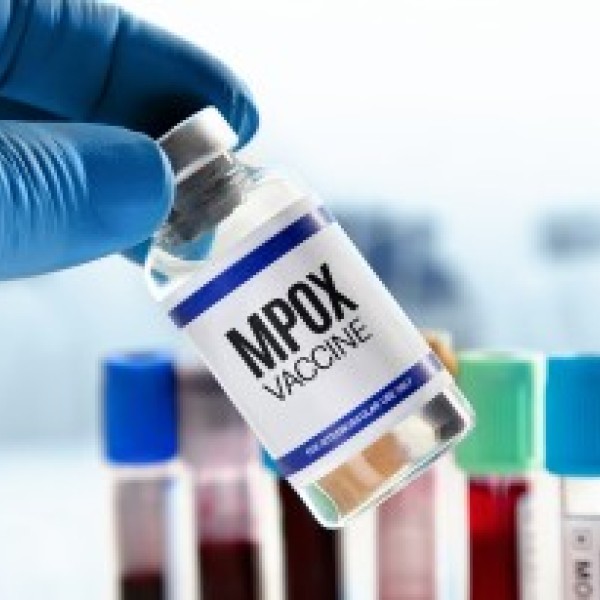Academic focus: Moral Psychology
Previous positions: Peter L. Dyson Professor of Ethics in Organizations and Life, Charles H. Dyson School of Applied Economics and Management, Cornell University, 2019; Professor, Sage School of Philosophy, Cornell University, 2019; Professor and Associate Professor, Philosophy-Neuroscience-Psychology Program and Philosophy Department, Washington University in St. Louis, 2005-2019; Associate/Assistant Professor of Philosophy. University of California, Santa Cruz, 1998-2004
Academic background: Ph. D., Philosophy, University of Michigan, Ann Arbor, 1996; M. A., Philosophy, University of Michigan, Ann Arbor, 1990; B. A., Philosophy, Cornell University, 1986.
What do you like to do when you’re not working? Martial arts—I teach Okinawan karate, crossfit, lifting weights, hiking and cooking paleo.
Current outreach/extension projects: Since I’ve just gotten here, I’m still figuring that part out. We’re trying to develop extension internships for undergraduates interested in moral psychology.
Two adjectives people might use to describe you: Hard-working, tall
What brought you to Cornell CALS? As a Cornell Faculty kid and undergraduate, I was keen to come home when there was an opportunity at Dyson.
What do you think is important for people to understand about your field? We need to know a lot more than we know – or think we know about how human minds make human morals. The science of what makes people do good or evil is still in early days.
If you had unlimited grant funding, what major problem in your field would you want to solve? 1. Global warming denialism; 2. Atrocity in warfare; 3. Child maltreatment.
What’s the most surprising thing you’ve discovered about Ithaca so far? I’d forgotten how intertestingly changeable the weather is, even though I grew up here.





